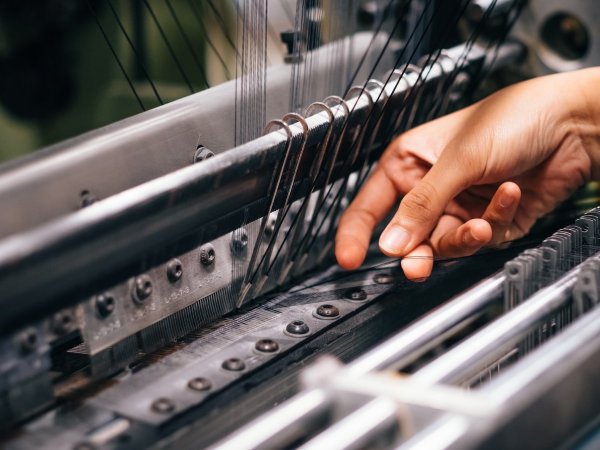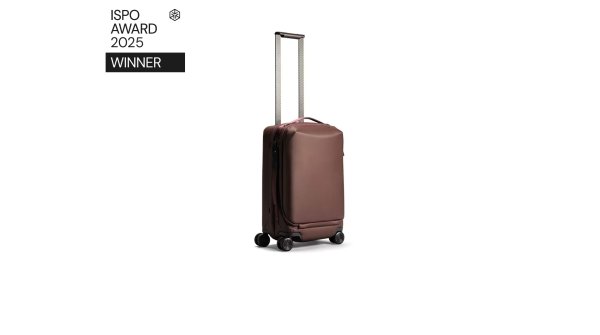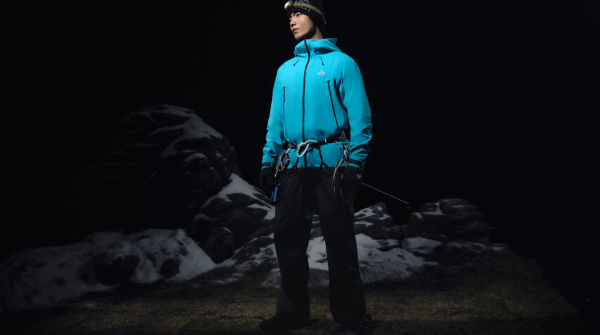With the dynamics of geo-political landscapes always in motion, progress towards fairness in supply chains has been slow. But emerging regulatory drivers in the EU, US and other import countries are setting the course for decent working conditions in the textile sector. Legislation supported by tools from human rights focused initiatives, provides an opportunity for collective action to drive transformative change. Within the EU, the Directive on Corporate Sustainability due diligence (the CSDDD) and the publication of the EU Forced Labour Product Ban proposal, companies will need to foster sustainable and responsible corporate behavior and anchor human rights and environmental considerations in their operations and corporate governance. Here are some experts to help you see clearly:
SLCP was born out of a collective need and desire to reduce social and labor audit duplication and fatigue in global supply chains. The solution was SLCP’s Converged Assessment Framework (CAF), a universal tool that eliminates the need for proprietary audits and allows saved resources to be redirected to improving conditions for workers. More than 12,000 facilities have registered to SLCP's data sharing Gateway, with over 8000 assessments completed in 2023 so far. SLCP benefits include stakeholder collaboration, reducing duplication and audit fatigue, enabling better comparability of social & labor data, and supporting the implementation of human rights due diligence.
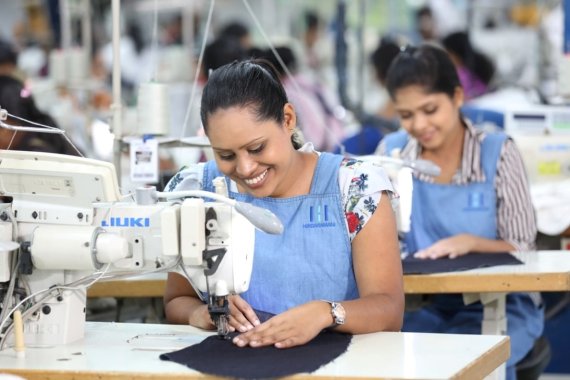
With the enforcement of the EU Due Diligence & Green Claims Directive laws, brands are dedicating more time to conducting Human Rights Impact Assessments (HRIAs) on their supply chains. The Fair Wear Foundation stands out as a leading human rights multistakeholder initiative in textile supply chains, and numerous outdoor brands are proud members. The organization regards the OECD-based (Organization for Economic Cooperation and Development) human rights due diligence (HRDD) as the guiding principle for responsible business conduct. Leveraging this expertise, Fair Wear offers two pathways for brands to embrace HRDD: through a Fair Wear membership or participation in the HRDD Academy.
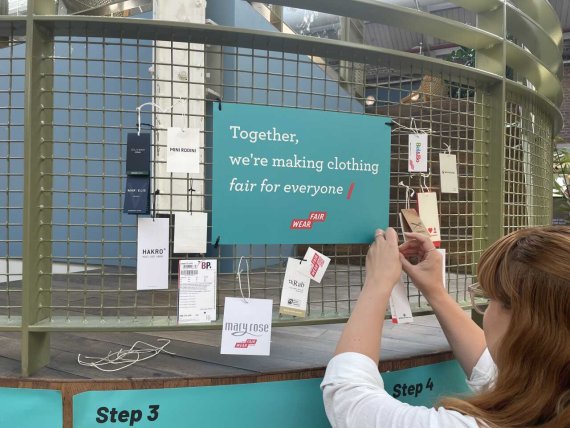
The EIS addresses a blind spot in CSR: work-related accidents. Often brands assess preventive measures but overlook at protection for injured workers or their families in case of accident at the workplace. The pilot’s approach is to associate the public to the private sector: ILO (International Labor Organization) and GIZ (cooperation for sustainable development & international educational work) with authorities and social partners to strengthen the social insurance institution. The brands are invited to top up in terms of compensation to ensure that workers and their families are receiving medical care and compensation in line with international labor standards.
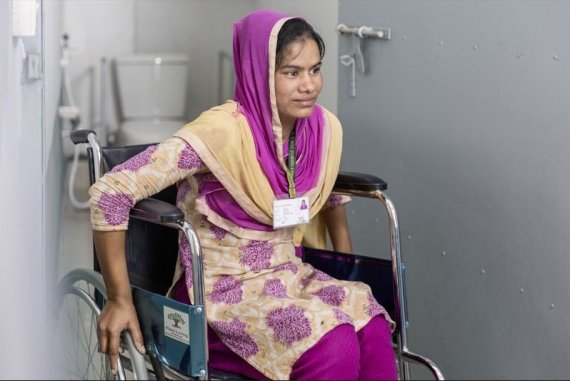
Addressing social issues in the supply chain is crucial, but social engagement extends to inclusivity and accessibility. Enter 'It’s Great Out There,' generously supported by the outdoor industry. Dedicated to championing inclusive, accessible, and responsible outdoor exploration for all, the initiative, along with its brand and retail partners, inspires outdoor activity. Through their grants program and Outdoor Activity Days, they activate individuals and organizations, advocating for the societal benefits of outdoor activity.
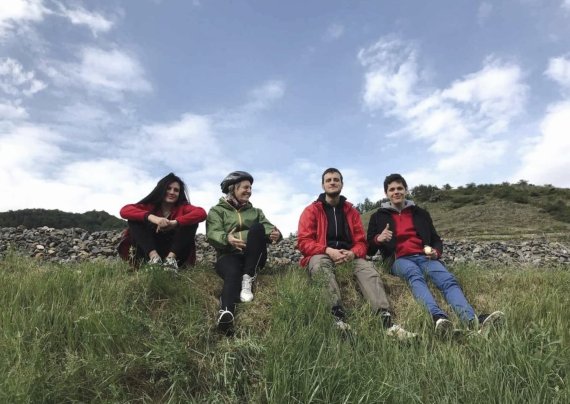
Opening Up the Outdoors unites outdoor brands, experts, allies, and changemakers with a shared love for the outdoors, dedicated to fostering a diverse, equitable, anti-racist, and inclusive outdoor community and industry. OUTO supports its community through education and connections, builds Europe's largest database of grassroots organizations focused on outdoor diversity, offers thought leadership and research, and guides the industry in becoming strong allies for people of color outdoors through its allyship commitment and beyond.
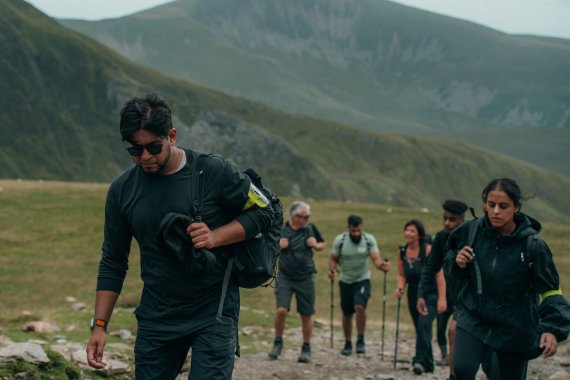
- ISPO awards
- Mountain sports
- Bike
- Design
- Retail
- Fitness
- Health
- ISPO Job Market
- ISPO Munich
- ISPO Shanghai
- Running
- Brands
- Sustainability
- Olympia
- OutDoor
- Promotion
- Sports Business
- ISPO Textrends
- Triathlon
- Water sports
- Winter sports
- eSports
- SportsTech
- OutDoor by ISPO
- Heroes
- Transformation
- Sport Fashion
- Urban Culture
- Challenges of a CEO
- Trade fairs
- Sports
- Find the Balance
- Product reviews
- Newsletter Exclusive Area
- Magazine
